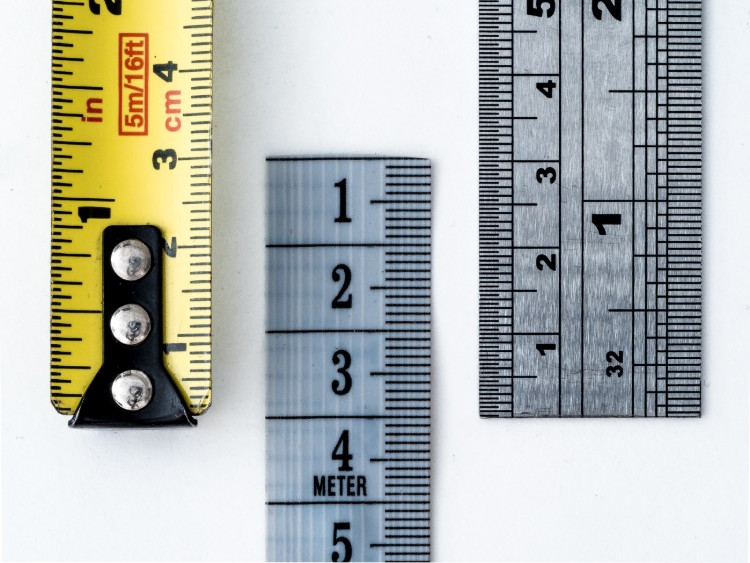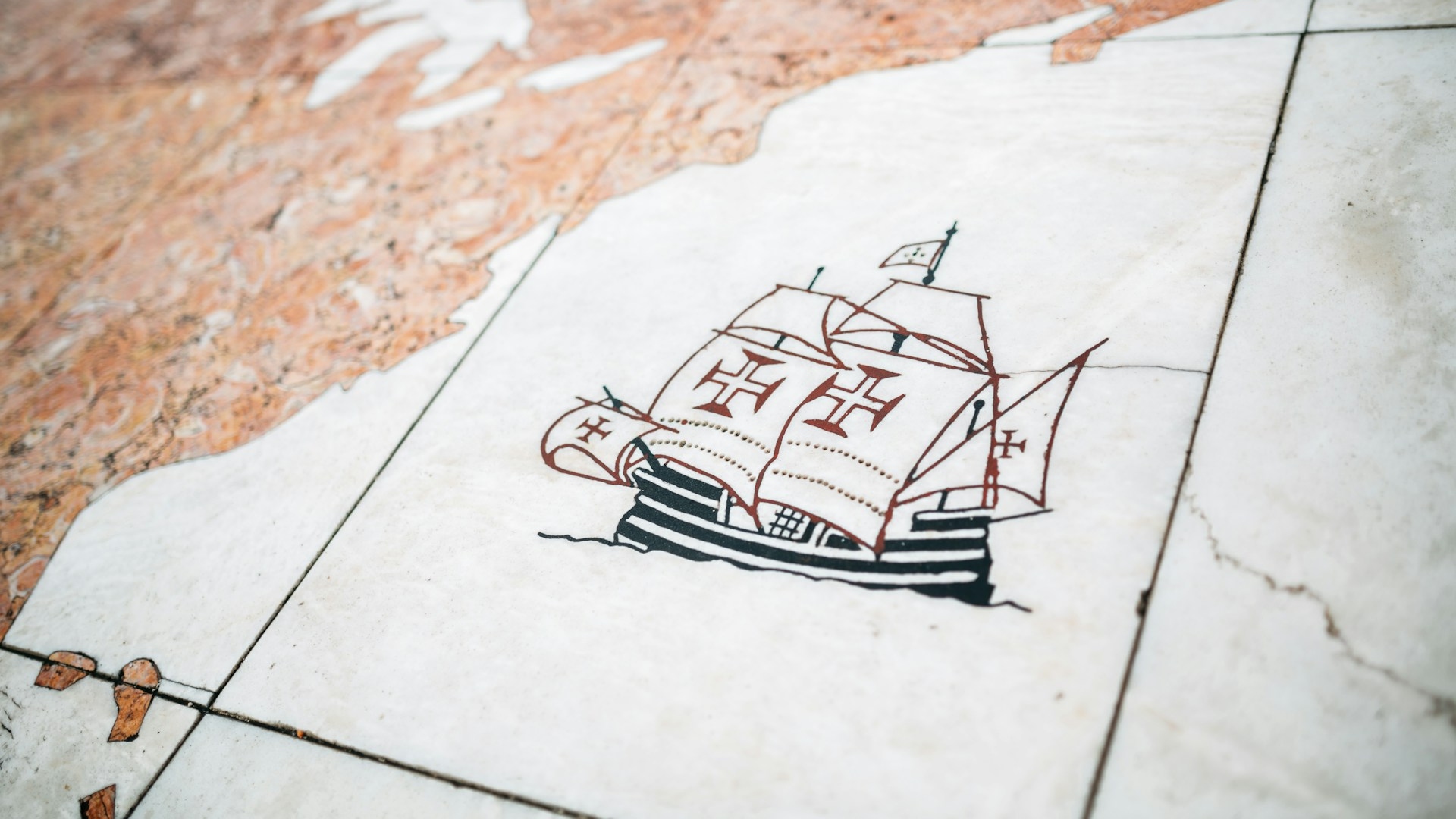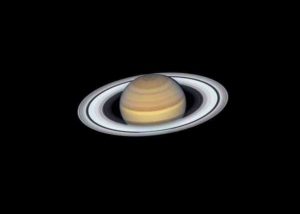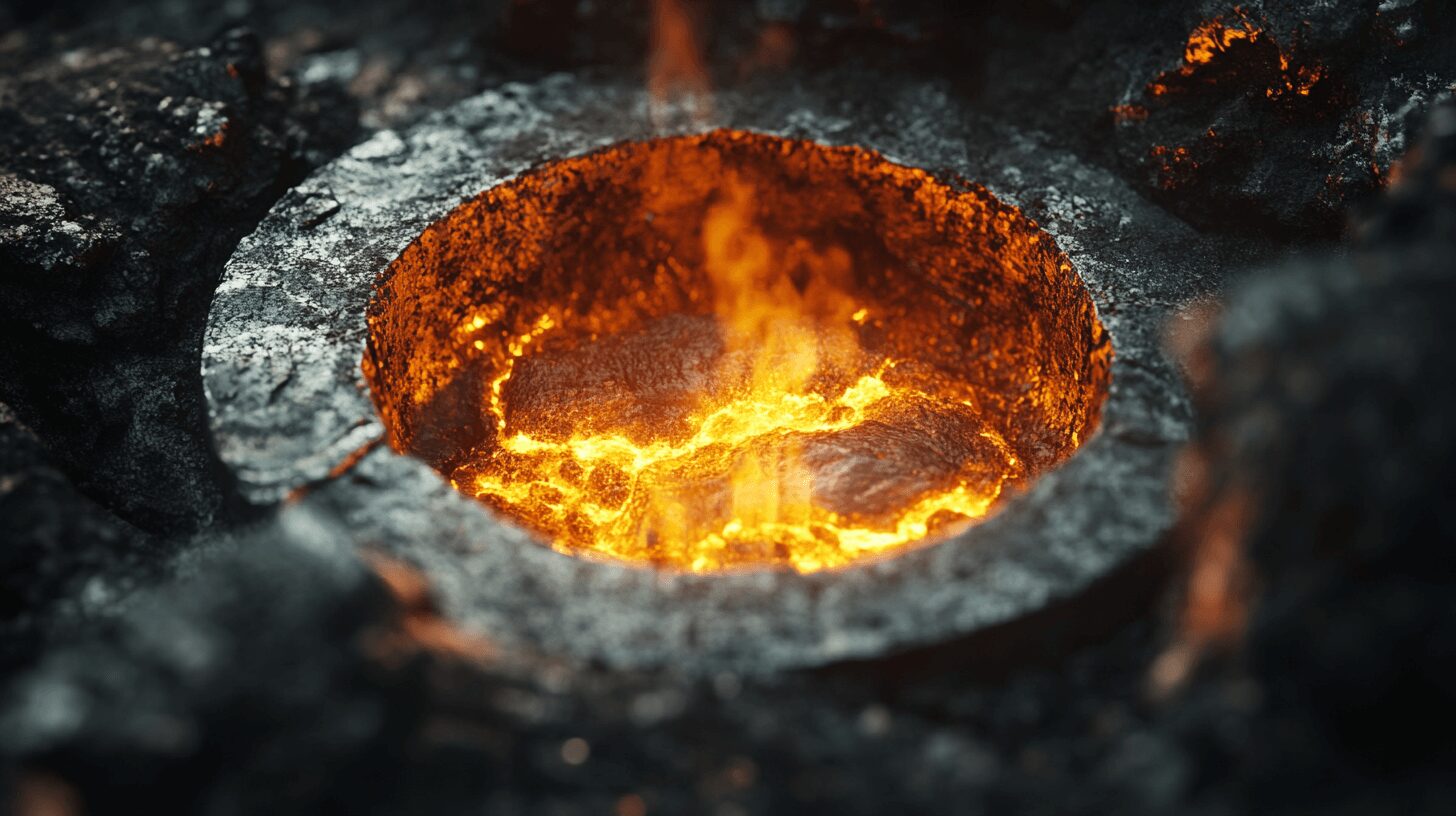
Why Is Scientific Measurement Important for Discovery?
May 7, 2020 - Emily Newton
Revolutionized is reader-supported. When you buy through links on our site, we may earn an affiliate commission. Learn more here.
What comes to mind when you hear the term measurement? Is it the cups you use for baking in your kitchen, or the ruler on your desk? Maybe it’s the fabric tape in your sewing room. Whatever you picture, it’s something that’s part of our daily lives because we measure everything. What about scientific measurement? If you’re drawing a blank, don’t worry, you’re not alone. Discover what scientific measurement is and why it’s vital for discovery.
What Is Scientific Measurement?
The dictionary defines measurement as the act of measuring something. When you start applying that action to science, however, measurement becomes the act of collecting quantitative or numerical data that explains what happened during an experiment or event.
The difference between traditional and scientific measurement is the need for accuracy. If you’re building a house and you’re off by a quarter-inch in your measurements, it’s typically not going to cause a massive problem. If you’re off by a small amount in scientific measurements, it could mean the difference between a successful experiment and one that fails.
In the case of a Mars orbiter, when scientists failed to convert English measurements into metric, it could mean the difference between a successful and failed mission.
What Are the Units of Measurement in Science?
Accuracy in science is essential, so physicists thought it would be a good idea to create a standard set of units that everyone could use to prevent conversion problems. They created the International System of Units, also known as the SI system. It’s basically the same as the metric system, with units all related to multiples of 10.
The SI system uses a specific set of standards for every type of measurement, such as:
- Meters: The standard unit for the measurement of length.
- Seconds: The standard unit for the measurement of time.
- Kilograms: The standard unit for the measurement of mass.
- Amperes: The standard unit for the measurement of electrical current.
- Liter: The standard unit of measurement of volume.
- Kelvin: The standard unit for the measurement of temperature.
- Mole: The standard unit for the measurement of quantity.
- Candela: The standard unit for the measurement of brightness.
Only three countries in the world — the United States, Liberia and Myanmar — don’t use the SI system officially, though experts usually employ it in both scientific and medicinal applications. While the SI system isn’t protection against error — human or otherwise — it does make it easier to take accurate measurements and prevent conversion errors like the ones that caused that Mars orbiter to crash land.
Scientific Measurement Across Scientific Disciplines
How would experts use measurement across the different branches of science? It depends mainly on which area of expertise we’re talking about. Chemistry might use grams or kilograms to measure components in a chemical reaction. It might employ the kelvin scale to measure the temperature of an exothermic reaction, or candela to measure the brightness of an explosion.
Physics relies heavily on length, mass and time to collect accurate data. It might use meters to see how far a particle travels, or fractions of a gram to determine how much a subatomic particle weighs. Time comes into play when physicists measure how long it takes for a particle to travel from one point to another, or make the circuit around a particle accelerator.
Biology uses kilograms to measure the weight of a newborn animal and compare it to that of an average adult. It uses time to monitor how long it takes that newborn to reach maturity, and length comes into play when determining how large an animal is when fully grown.
Astronomy uses a lot of time and length measurements, figuring out how far away a plane or stare is, and how long it took for its light to reach our remote spot on the edge of the Milky Way. Even light-years are part of the SI system, representing how long it takes light to travel 9.5 trillion meters.
Why Is Scientific Measurement Important for Discovery?
Why is scientific measurement essential? In the iconic words of Mythbuster Adam Savage, “The only difference between screwing around and science is writing it down.” Without scientific measurement, we don’t have any quantifiable data. You can unlock the secrets of the universe, but if you don’t have the information to back it up, you might as well be screaming into the void. If we didn’t have measurement tools, we wouldn’t have science—and we wouldn’t have a lot of things that have become critical pieces of our society, like modern medicine and other forms of healthcare.
It also gives us the tools to recreate an experiment and ensure our findings are entirely accurate. The most significant discoveries in medicine don’t mean anything if we can’t replicate them. Imagine where we would be if Jonas Salk, the inventor of the Polio vaccine, was only able to create one antidote because he didn’t write down his measurements and couldn’t replicate his results?
The Future of Scientific Measurement and Discovery
Scientific measurement isn’t just vital for discovery — it’s the foundation and backbone of innovation. Now, if we could only convince the United States to switch to the SI system, we could save ourselves a lot of trouble in the long run.
Revolutionized is reader-supported. When you buy through links on our site, we may earn an affiliate commission. Learn more here.
Author
Emily Newton
Emily Newton is a technology and industrial journalist and the Editor in Chief of Revolutionized. She manages the sites publishing schedule, SEO optimization and content strategy. Emily enjoys writing and researching articles about how technology is changing every industry. When she isn't working, Emily enjoys playing video games or curling up with a good book.








I found this really helpful when I was doing some science homework. It gave me the information that I needed to finish an assignment.